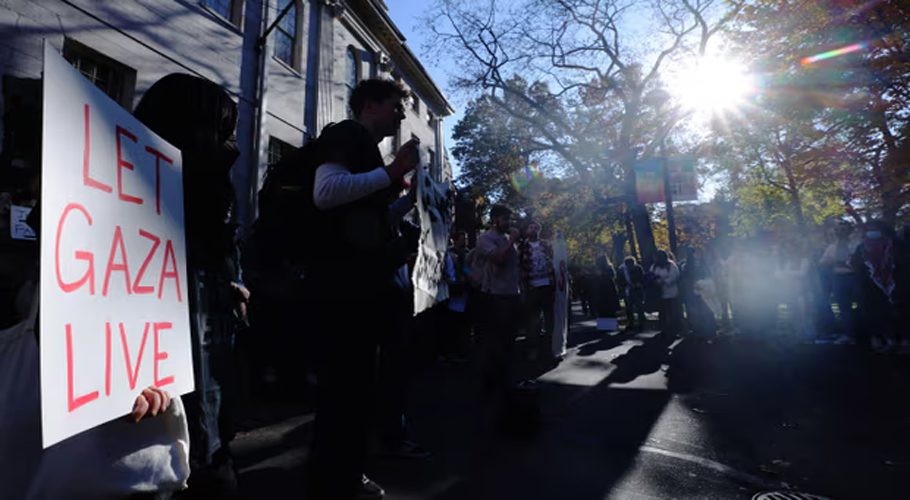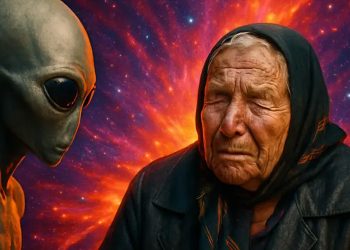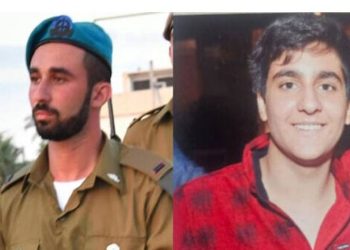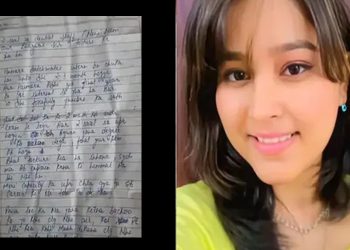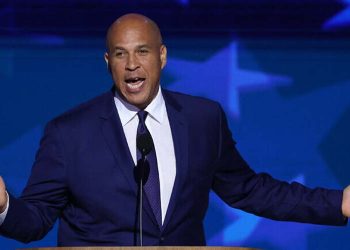Harvard Law School’s esteemed publication has been accused with censorship after it declined to publish a scholarly paper that accused Israel with genocide in Gaza, purportedly out of concern for the publication’s reputation.
The 2,000-word essay, The Ongoing Nakba: Towards a Legal Framework for Palestine, was submitted by Palestinian doctorate candidate Rabea Eghbariah to the student-run Harvard Law Review. After editing, fact-checking, and first approval, the essay was rejected.
God damn. What a start to the piece the Harvard law review refused to run. https://t.co/KkuTBDHwSr pic.twitter.com/yRDbCQCSiv
— Read Let This Radicalize You (@JoshuaPHilll) November 22, 2023
The article, commissioned after Hamas’s 7 October attack on Israel, the Intercept originally broke the story, saying in line with the Law Review’s standard procedures, the piece was solicited, commissioned, contracted, submitted, edited, fact checked, copy edited, and approved by the relevant editors. Yet it will never be published with the Harvard Law Review.
Also read; ‘Saying the quiet part out loud’: Swedish PM says ‘Israel has the right to genocide’
It argued that events in Gaza – where more than 14,000 Palestinians have been killed since Israel launched its military offensive – met the terms of genocide as defined by the United Nations convention. The article also called for a legally recognised crime of “Nakba” (catastrophe), the Arab word used to describe the forced removal of Palestinians from their homes at the time of Israel’s founding in 1948.
However, following a crisis conference with over 100 editors, plans to release it as a blog post were shelved. Fears that publication may damage editors’ job prospects by inciting a backlash that might involve having their personal information revealed in an effort to publicly shame them—a tactic known as “doxxing”—were purportedly the driving force behind the refusal.
The decision was criticized in a statement issued by 25 editors, who said such a rejection was unprecedented and motivated by fear.







